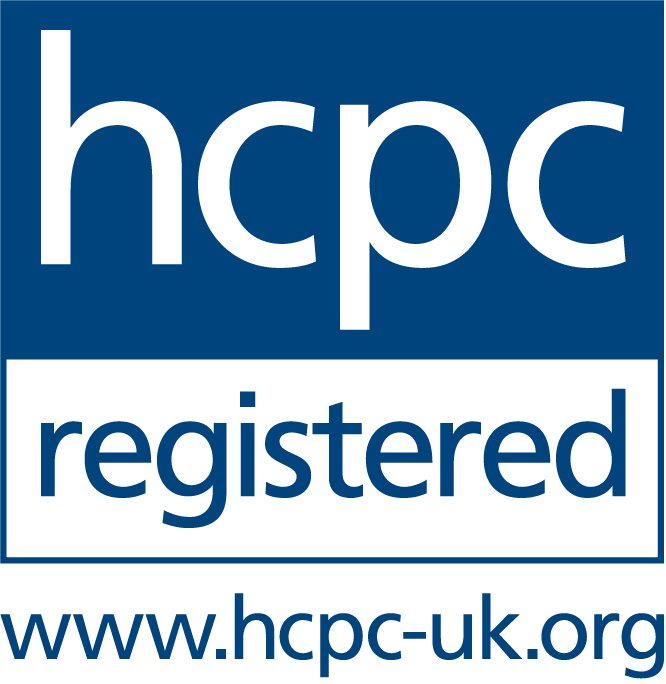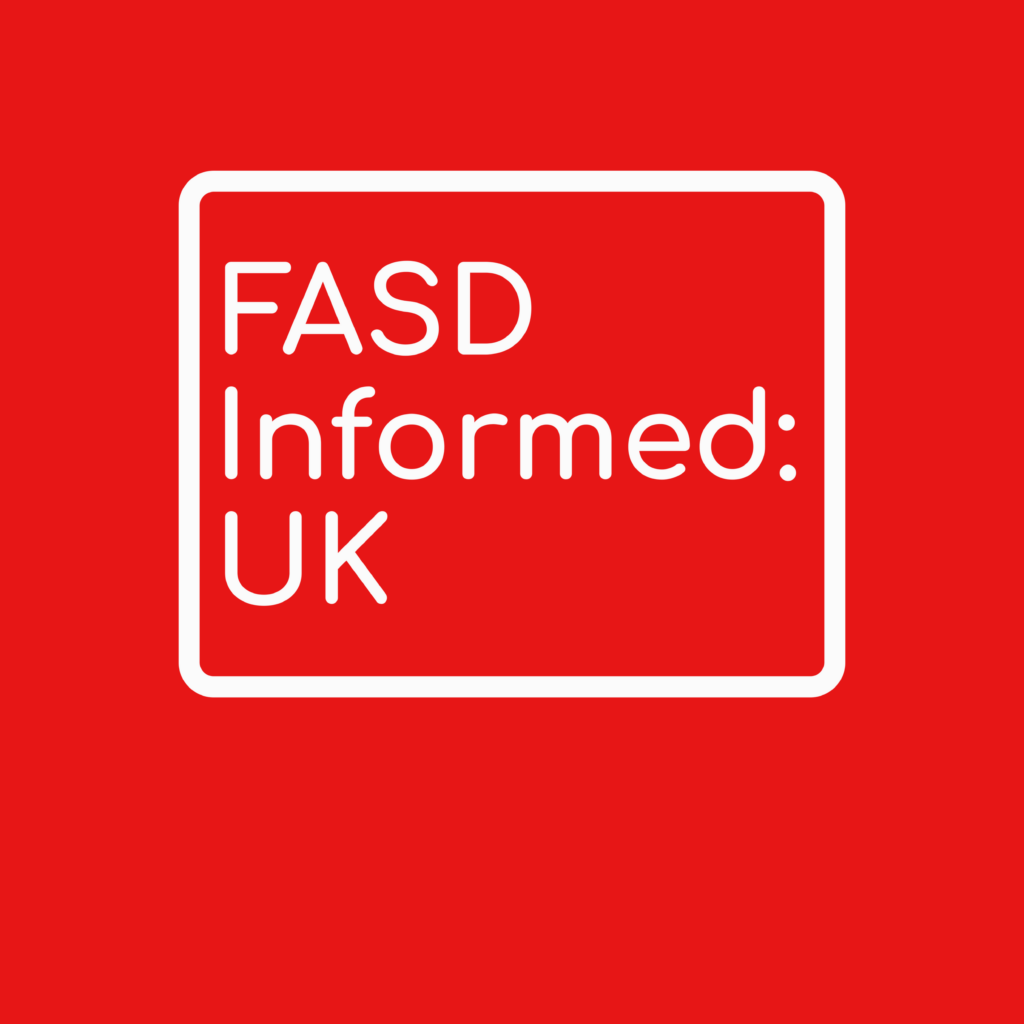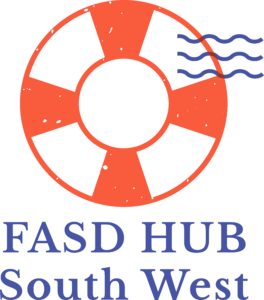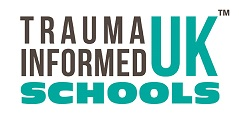Therapy
At Oasis Psychology we offer a range of therapeutic models specifically aimed to support the development of attuned attachment relationships and process early trauma.
We appreciate that accessing therapy can be a challenging task for children who have been hurt in past relationships and find trust difficult and therefore I adopt a playful and creative approach to my therapeutic work, ensuring the therapeutic work is taken at the child’s pace.
At Oasis Psychology we offer several different assessments to support with the understanding of the child’s trauma and attachment needs and how these can be met therapeutically.
Video Interaction Guidance (VIG)
VIG is a strengths based, brief therapeutic intervention designed to support the development of secure attachment relationships between children of all ages and their parents or carers.
VIG involves filming a child (or children) and carer playing or interacting together and sharing positive moments of this intervention with their carer in order for them to build upon their positive interactions. VIG helps parents and carers notice moments of attunement within their interactions with their child and allows them to reflect on and explore this relationship to develop attunement further.
VIG is a positive therapeutic approach which can be particularly useful when parents or carers are lacking confidence in their relationship with their child, are struggling to notice positive moments spent with their child or are feeling criticised by the system around them.
VIG has a strong evidence base and is recommended in the NICE guidelines as an evidence-based approach to support attachment difficulties.
Further information can be found at www.videointeractionguidance.net
The following videos provide more information regarding the VIG approach:
Pricing
Full VIG package to include introductory appointment with parents or carers, 3 VIG cycles (30 minute recording session, video editing and 1hr shared review session), feedback meeting to professionals and a final report £1600.
Additional VIG cycles £395
Dyadic Developmental Therapy (DDP)
- Dyadic Developmental Psychotherapy, (DDP) developed by Daniel A. Hughes is a therapeutic approach involving the primary carers as co-therapists who are present in the therapy with the child throughout. The therapeutic approach begins with the carers meeting alone with the therapist for a number of sessions to explore their experiences of caring for their child and developing the skills of co-therapist. The child is then introduced into the sessions and the focus shifts to supporting the child in developing a new meaning of their past experiences within the safety of their attachment relationship with the carer.
Dyadic Developmental Psychotherapy involves creating a safe space for the child to begin exploring, understanding and integrating memories, emotions and current experiences which may be frightening, shameful or avoided. Together the therapist and carers create a sense of safety through the use of PACE principles, Playfulness, Acceptance, Curiosity and Empathy, combined with attuned interaction and co-regulating of affect. Exploration and assimilation of a child’s experiences in this way allows them to develop a more coherent less threatening understanding of their journey.
Please visit www.ddpnetwork.org for further information regarding DDP
Further details about the evidence base for DDP can be found in the following article:
Becker-Weidman, A. (2006) Treatment for children with trauma-attachment disorders: Dyadic Developmental Psychotherapy. Child and Adolescent Social Work Journal, March, 2006.
Pricing
Therapy sessions from £150 per hour. Please be aware that dyadic therapeutic approaches usually require an appointment lasting at least 1.5hrs
EMDR
Eye Movement Desensitisation and Reprocessing (EMDR) is a therapeutic approach to support the processing of past trauma. EMDR was developed by Dr. Francine Shapiro, Clinical Psychologist, in 1987 and its evidence base and popularity has grown in recent years.
When children experience trauma, their memories of this trauma do not get processed fully and they can become fragmented and sensory based, as a result they cannot be filed away correctly, and children can repeatedly re-experience the trauma. This can present as symptoms such as flashbacks, nightmares, preoccupation with the traumatic event or avoidance. They can show hypervigilance, sleep difficulties, emotional dysregulation and re-enacting past experiences in play.
EMDR involves the use of bilateral stimulation to activate both sides of the brain to allow the trauma memory to become fully processed and integrated within the brain, reducing the emotional content of the memory and symptoms of trauma. EMDR can be used with adults and children and can be used to process single incident traumas (e.g. a road traffic accident) or multiple traumas. EMDR is a relatively speedy approach to processing trauma and when working with children, parents or carers can be present and involved in the processing of trauma, allowing an additional level of safety and security for children.
www.youtube.com/watch?v=D7yKY8Hm12Y
For further information please visit the EMDR website www.emdr.com
Pricing
Therapy session from £150 per hour
DDP Informed Individual Therapy
Our Emotional Wellbeing Practitioner, PIp Eversden has many years of experience of supporting children in care, both as a social worker and as a mental health practitioner.
Pip specialises in providing DDP informed therapeutic work with children on a one-to-one basis. Pip uses DDP approaches to deliver engaging and creative sessions with children and young people. Pip's sessions are not confined to the therapy room, but can be offered in any location where the child or young person feels safe.
Pricing
Therapy sessions from £110 per hour
Get In Touch Today
If you are interested in learning more about the services we offer, please get in touch and we can arrange a free initial enquiry discussion.
"Thank you Laura and the team for the excellent support you provide for us. Our staff team have grown in confidence and therapeutic skill since working with you and this has benefitted the young people we support hugely".
Operations Manager, Residential Care, October 2024.






